CapeVerde
The Cape Verdean government on Monday declared a social and economic emergency in the archipelago, which is driven by the effects of the war in Ukraine after those of Covid-19 and the drought.
Inflation has reached 8%, according to data from last May. At the same time in 2021, inflation was at 1.9%.
With the loss of purchasing power, nine out of every 100 Cape Verdeans are at risk of food insecurity, whereas in 2020, at the height of the pandemic, the figure was only 2%, Prime Minister Ulisses Correia e Silva told a press conference in Praia.
By declaring a social and economic emergency, the government intends to obtain more support from the international community so that it can continue to finance the protection measures for families and businesses already adopted, he explained.
"We have adopted several measures since last March to stabilise food and oil prices and to help the most vulnerable families, and the total cost of these measures is 9 billion escudos (€81.6 million) by the end of 2022," he said.
Cape Verde is therefore now engaging in "a strong diplomatic offensive with our partners to mobilise more resources", he said, encouraging his compatriots to save.
Cape Verde, whose GDP was 25% dependent on tourism before Covid-19, had been severely affected by the pandemic.



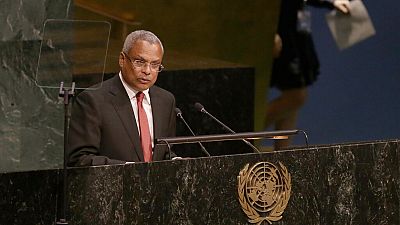

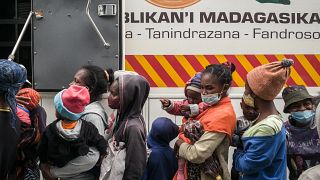
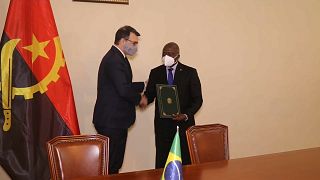
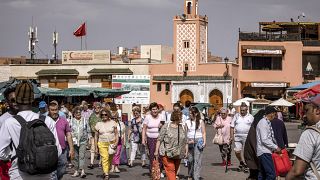

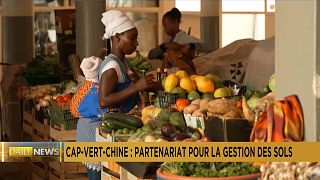
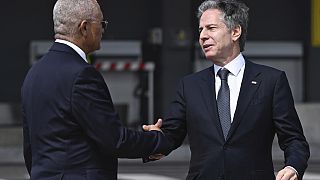



01:37
Record participation at 24th Sofi Great Ethiopian Run
11:05
Africa's hight cost of climate change [Business Africa]
01:27
1,000 days of war in Ukraine with no sign of an end
01:17
COP29 finance talks lag as the summit reaches its halfway mark
01:38
COP29: What next for Africa's energy transition?
01:00
Civil society takes center stage at Brazil’s G20 social summit